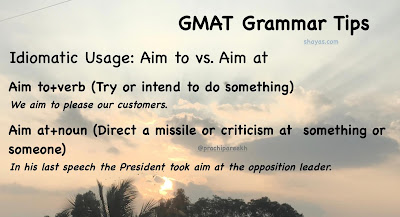The apostrophe (') has three uses:
1. To form the possessive case of nouns and certain pronouns.
2. To show omission of a letter or letters from words and of a figure or figures from numerals.
3. To indicate the plural of letters, numerals, symbols, and certain abbreviations.
- Add an apostrophe and s to form the possessive case of a noun not ending in s:
women, women's
children, children's
office, office's
horse, horse's
- Add only an apostrophe to form the possessive case of a plural noun already ending in s:
girls, girls'
hero, heroes'
day, days'
student, students'
- Add an apostrophe alone or an apostrophe and s to form the possessive of singular nouns ending in s:
Keats, Keats' (or Keats's)
Sarah Jones, Sarah Jones' (or Jones's)
- In compound nouns add the apostrophe and s to the last element of the expression, the one nearest the object possessed.
somebody else's coat
my mother-in-law's house
the office manager's desk
- Use an apostrophe to indicate that letters or figures have been emitted.
didn't (did not)
he's (he is)
our '88 model car
the summer of '78
Note: It's means "it is" and can never be used correctly for its in the possessive sense.
Before writing its think whether or not you mean "it is".
- Use an apostrophe and s to form the plurals of numerals, letters, and words considered as words.
Sam has trouble making legible 8's.
Don't overuse and's, but's, and for's, in your essay.
Mind your p's and t's.
- Never use an apostrophe in forming the plural of nouns and the possessive case of personal and relative pronouns.
The Smiths (not Smith's) are coming home tomorrow.
Correct: ours, yours, his, hers, its, theirs, whose
Incorrect: our's, ours', your's, yours', his', her's, it's, their's, theirs', who's (unless you mean "who is)







